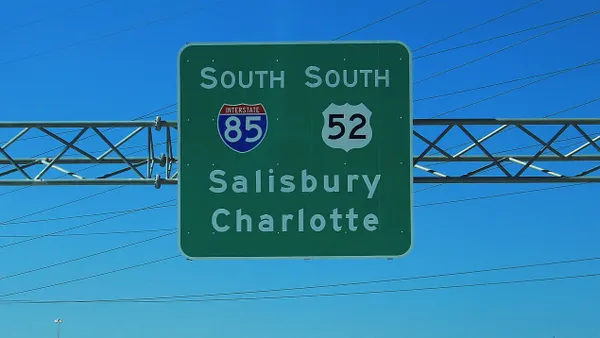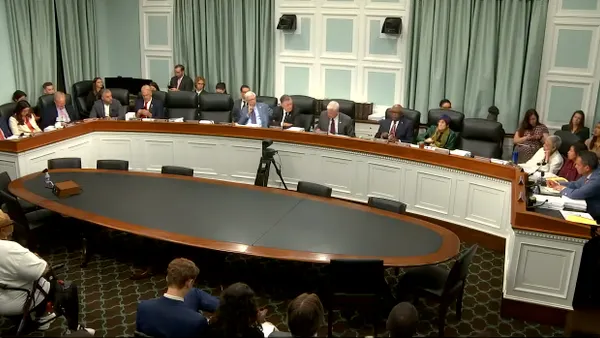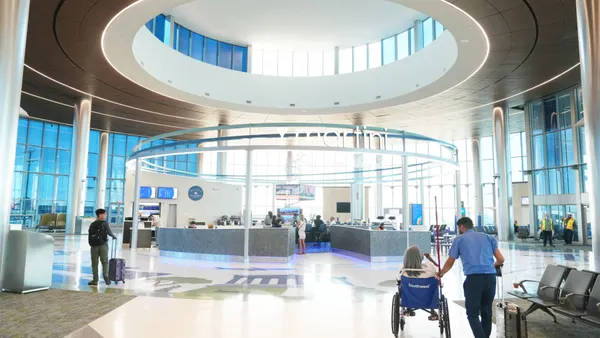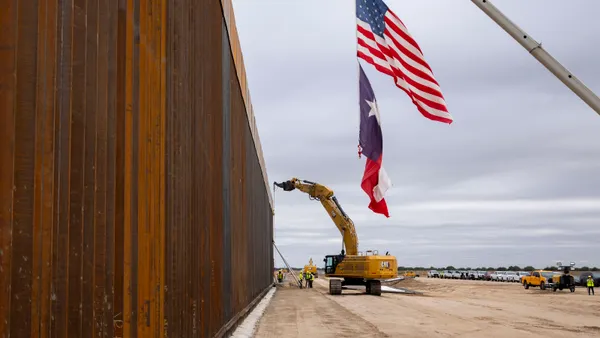Dive Brief:
- Utility relocation costs for the Fresno section of the California High-Speed Rail Authority's $77 billion high-speed rail project are now pegged at $396 million, up from a 2013 projection of $69 million, according to minutes from the board's April 17 meeting. Joe Hedges, the CHSRA's chief operating officer, wrote in a memo to board members that the project needed $40 million of the total in order to execute "critical path" task orders through July 1. The Los Angeles Times said the board knew the cost in 2013 but did not publicly release the information until this month.
- The original number of linear feet of utilities that required relocation was underestimated, according to the Times, as was the cost per linear foot to move them. In addition, there were previously undetected utilities that must be moved elsewhere, and the CHSRA has also made changes to the scope of work. The first increase to $159 million came in 2017 when AT&T and Pacific Gas & Electric Co. could not meet their schedules, forcing them to hand the work over to general contractor Tutor Perini.
- According to the board's meeting minutes, the CHSRA has created a database that tracks the description of utility work, actual cost and linear footages to better monitor the project's utility phase in the future. This and other "best management practices," Hedges wrote in a memo to the board, will allow the CHSRA to offer more accurate estimates in the future.
Dive Insight:
Tutor Perini has become somewhat of a beneficiary of the CHSRA's miscalculations. In June 2016, the CHSRA issued Tutor Perini almost $64 million in change orders, which included $50 million related to delays and $14 million to fast-track the schedule. Tutor Perini said it was supposed to start the project in 2013 under a $1 billion contract for the first 29 miles of the bullet train but that the authority's slower-than-expected land acquisition process forced the delays.
The high-speed rail project that promises to connect Anaheim, California, with the San Francisco Bay area has been plagued with cost overruns, delays and a huge public relations challenge as obstacles continue to mount. Cost estimates for the bullet train have almost doubled to $77 billion from original projections, and the project is years behind schedule. The latest blow came earlier this month upon word that the U.S. Department of Transportation’s Office of Inspector General would audit the project's $3.5 billion package of federal grants.
The project enjoys the support of the governor and other state officials, but detractors have come out in full force, calling on the state to scuttle the entire initiative.












